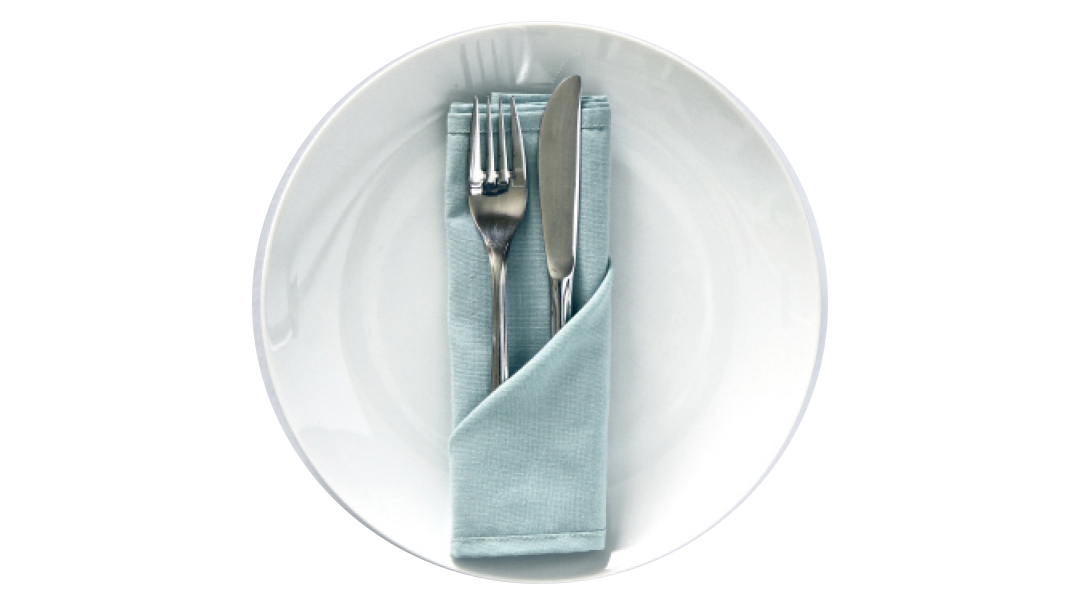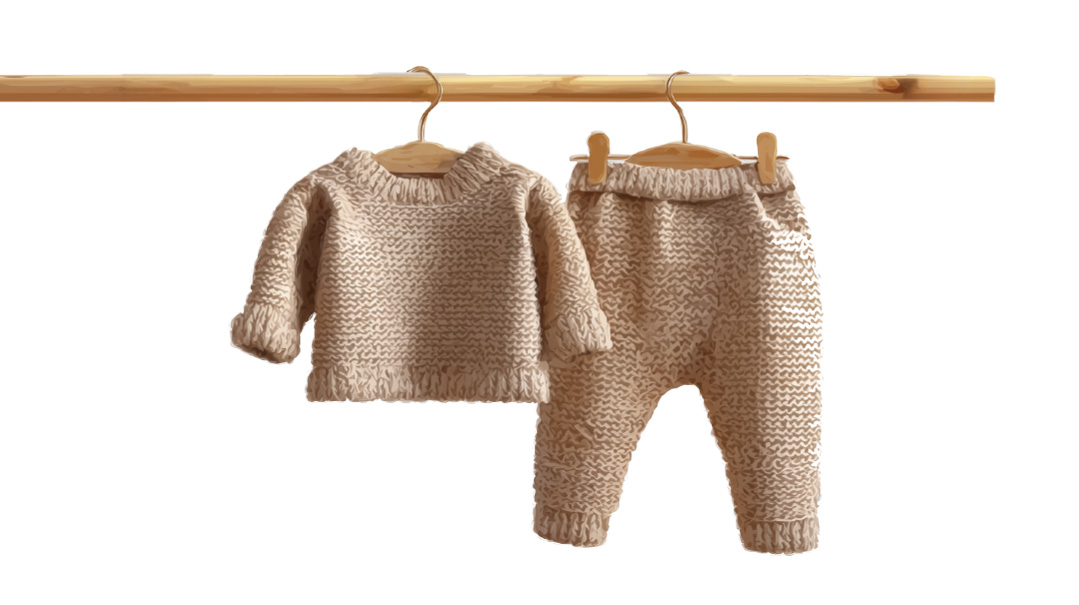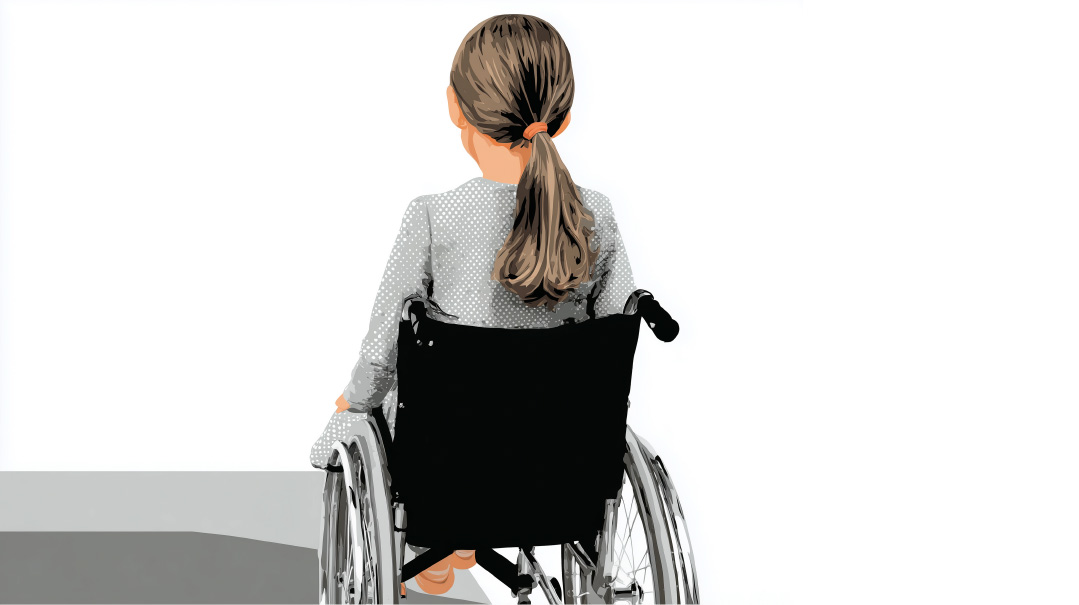My Heroes
| April 22, 2020The simplest of givens, like going to the kids for Yom Tov or moving into family become question marks

The roads are quiet. There’s the new kind of calm that is growing familiar. Our road is an artery to the city center, and the steady flow of cars, buses, and even heavyweight trucks are the usual background to our lives. Now, Someone has spread a blanket of peace.
The air is fresher; there are few cars, just the occasional mask-wearing cyclist. But somewhere beneath the lull and the breeze lurks deep disquiet, painful news, the gasp of fear, the cry of lonely grief.
At 8 p.m., people step out, and from porches and doorsteps, a round of enthusiastic applause bounds into the spring sunset. It’s a new national institution, clapping for our medical staff at 8 p.m. on Thursdays, a heartfelt ripple of cheers, as if “Clap for Carers” can somehow not only convey gratitude to our dedicated medical staffers but also help protect them and us from the invisible, fearsome enemy.
Inside, things are deceptive too. There’s the idyllic hominess of my children eating an unrushed hot breakfast, singing Adon Olam, brachos, and Shema together, then sharpening their pencils for lessons around the dining room table as if we’re on a lonely homestead somewhere in the American South.
Playing ball out in the garden during “recess” and doing art projects and cleanup time and going for family walks. An undercurrent stalks the adults, clipped texts pulling us into a whirlpool and a torrent of Tehillim for a patient whose every breath is snatched from suffocation.
A family friend who’s been spending the Seder with my parents for 30 years is completely isolated. He sounds despondent over the phone. “Pesach is supposed to be done together,” he says. “You’re not supposed to be alone. You have to be in a chaburah. And I don’t know how to make the Seder plate, I’ve never done it.” I try to imagine him setting a Seder table in his bachelor apartment. Cooking and cleaning, facing the mountain of preparation alone.
Soon, it’s not just him, it’s my neighbors and mother’s friend too. Everything is in flux with waves of corona disruption. The simplest of givens, like going to the kids for Yom Tov or moving into family become question marks, and then get crossed off the realms of possibility. With corona, there’s no company that’s safe. Nobody can buy immunity.
Alone, people are opening emptied Pesach cabinets, turning over their kitchens, preparing a menu for one person for eight days of Pesach. It’s unthinkable, but it’s happening, a Yom Tov alone, a Seder with its ceremony and symbolism and family customs, alone, alone, alone. Ask the Four Questions to a silent room, answer to your echo.
My home is busy. There’s fragrant matzah and spilled grape juice and Makkos puppets, then the three-day Yom Tov draws to a close and we’re all checking up on each other, comparing notes. I’m thinking of the solo Seders, sure the participants had drunk grape juice mixed with tears. Nervously, I ask my mother how her friends alone managed. The admiration is rich in her voice when she responds.
One after the other, she says, the isolated Seder-makers have emerged as heroes, shone a light on a potential black hole. There was white damask, cloth napkins, crystal, and a full ke’arah; they placed the matzos for Kohein, Levi, and Yisrael and raised their voices for Kiddush. No shortcuts, no rushing.
“I took down eight Haggados, I wanted to do it properly,” said one friend. “At the end, I read four of them.”
Another, who is musical, sung her way through all the songs. Her candles flickered on a table set for one, her late husband’s seat was empty, but she sang from slavery to freedom, voice strong in the empty house, a survivor on a wave of faith.
One grandmother alone finished the Seder at 1 a.m. She sang all the songs and followed a translated version too. With no one watching, no one to impress, the meal, four tiny courses served on china, was prepared fit for a King. Because it was served in His honor.
And as the night drew to a close, my parents’ neighbor, who “hid” and “found” her afikomen herself, as per the family minhag. And then, she turned to her Father, with a small request: “Next Yom Tov meal, please can I be with my family?”
I realize that under the false tranquility of these days, beneath the inner turbulence and grief, there’s another layer of true peace deep inside us, a core strength that persists and perseveres. I think of these heroes, unsung special individuals who met Hashem’s commands with such loyalty, one on One.
Next week, I’ll be clapping for you.
(Originally featured in Family First, Issue 689)
Oops! We could not locate your form.






